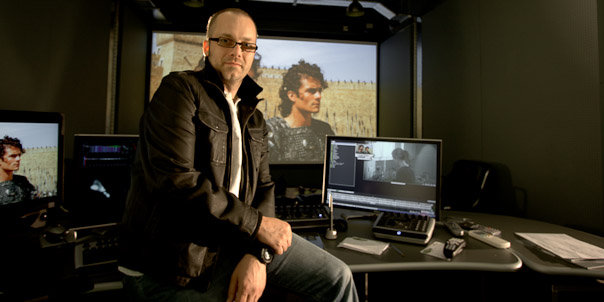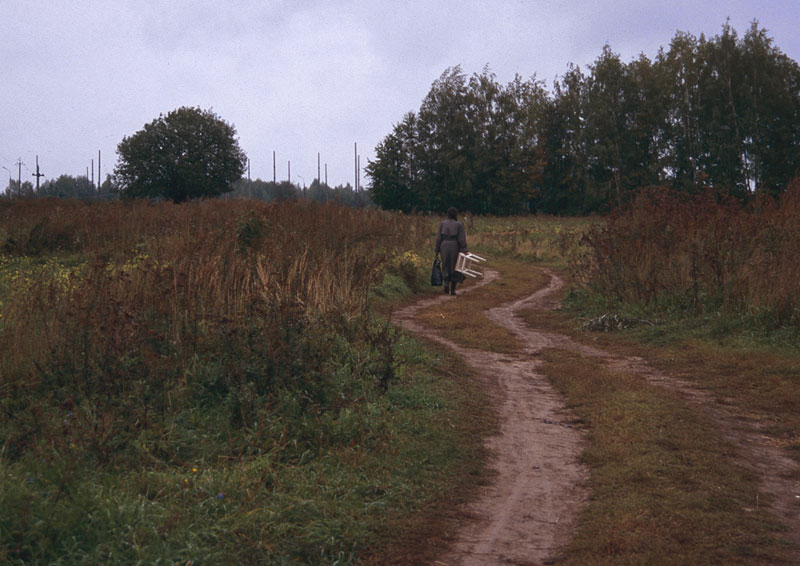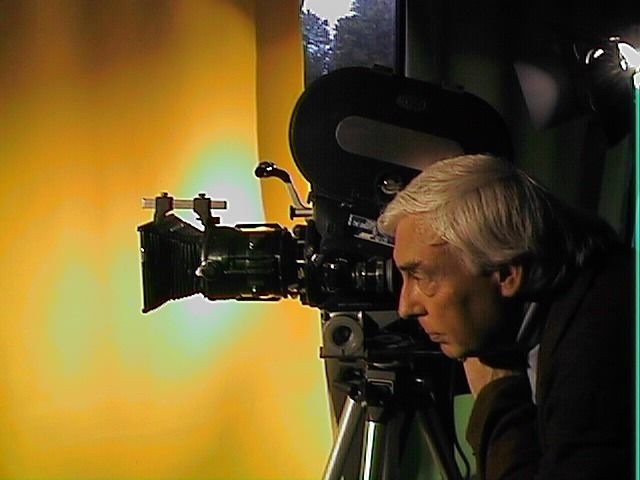ASK & DISCUSS
INDEXHistorical Fact vs Artistic License.
10 years, 9 months ago - Cameron Phillips
For the first time I'm writing a script based on historical events, the South of Scotland witch trials circa 1659 to be exact. At the start I figured this would be a piece of cake. How hard can it be when the events in question mean the story is pretty much laid out for you in advance?
In reality I'm finding it a bit uphill. If I reached a dead end in previous scripts I could just make up something completely off my own head. With this I have to consider accuracy. Also, when research reveals massive gaps in the records I find myself having to create logical reasons for events moving forward.
Obviously, many films run over real life events for the story (Braveheart springs to mind). I'm trying to maintain a balance between a good story and keeping events as true as possible. Has anybody else had this trouble with this kind of project?
Only members can post or respond to topics. LOGIN
Not a member of SP? JOIN or FIND OUT MORE
10 years, 9 months ago - Lee 'Wozy' Warren
I have a friend who has written a trilogy around the witch trials of mid to late 1600s. Very knowledgeable and happy to have a chat with you. If you message me offline, I'll let you have his email address.
10 years, 9 months ago - GILLIAN MCIVER
I agree with Marlom. This is a subject of current research for me. I think that history films, like history paintings, interpret the past from the perspective of the present.
The best approach to take is, use your imagination but do not lie. All films reflect the times in which they are made, regardless of their subject matter.
If there is a gap in the history, use your logical head together with your imagination, and make it up so that it is believable.
Biopics can be difficult because they often seek either to valorize or demonize a person or, as in the Turing film, they manipulate real people to serve drama. Some of them date very badly. Or they are just exercises in wish-fulfillment (Braveheart!)
I think that history is best tackled with this approach: tell the truth as far as you can discern it, use your imagination to craft it into a story and don't opt for cheap emotional manipulation.
10 years, 9 months ago - nanc cohen
hello as someone mentioned we really can't be sure of anything historical from jesus's identity to WMD's...so best to go for romance and dramatic moments..it's a strong theme and touches many overreaching issues of all sorts of 'isms...but that women are still killed in Africa for being witches shows how potent the themes are...if you have a chance, see the short film I did with Andy Lee for late nite 4 called Which Witch?...a kind of doc but may inspire or at least make you laugh.
10 years, 9 months ago - Stephen Potts
Hi Cameron, I come at this from several perspectives. I live in the area concerned, and the Town Hall, a few hundred yards away, still has the cells where some of the last witches were held. (They now house the village library: those damn books, they just keep getting out...)
I'm also interested in adaptations, especially those which are historically set.
I echo what others have already said. You need to decide what you are trying to write: a documentary of the events, or a drama based on the events. If the latter, you don't have to stay true to every aspect of the historical detail - but you have to be prepared to justify departures from them, or any filling in of blanks, in pure story terms.
The events in question are not widely known. I didn't know anything about them before I moved here, and I'm still only aware in general terms.You are unlikely to get many people saying "my great great great .. grandma didn't say that. She was never a witch." So you have room for manoeuvre. Feel free to use it.
Good luck - and keep at it.
10 years, 9 months ago - Mak Wilson
I think one thing to remember is the so-called 'facts' from history are very often one person's account, or a biased one. I co-wrote a three part teleplay version of the events leading up to the Battle of Hastings; a history told almost entirely from the Norman's perspective. Even knowing all the charctar's names and their involvement gives no clue to their personalities and straits. You have to be creative. You have to be entertaining. You have to tell a good story. This will mean either bending the truth or giving your take on it (after reading many historian's thoughts on it). If you're not will to do this, or are reluctant, then make a documentary. Even then, documentaries bend the 'truth'.
10 years, 9 months ago - Franz von Habsburg FBKS MSc
Yes, it is a problem which I've already found with my www.MargeryBooth.com where I've joined two facts: Hitler was presented with the Tiger Tank on his birthday and Margery would have been at his birthday ergo...which is why I've placed her in a position such that as a singer she could memorised numbers as a tune before getting the data back to MI6. Although research is very rewarding it can sometimes rather annoyingly disprove details you so wanted. I've just received a phone call from someone who knew her so look forward (?) to the meeting!!!
10 years, 9 months ago - Bob Eckhard
Hi Cameron
I'm about to embark on writing a stage play based on the life of a swiss naturalist. I've done all the research - and more- and to be fair, his workaholic character lends itself to a very interesting piece. That said, I'm aware of the inherent dangers of writing that majors on too much on history or not enough. Worse still is fanciful story in which history is sent packing which misses the point I think. Years from now we may still be correcting 1000s of viewers who believe Adolf Hitler died in a hail of bullets in a french cinema!) Not sure where you're based but Euroscript are advertising a session at the BFI on how to adapt from story/historical pieces this month on Wed 28th Jan. Just signed up for it but possibly Gabriella Fen'a (or others) have a book out that covers the most common pitfall? All the best Bob
10 years, 9 months ago - Marlom Tander
Life is not a story. To make it a story you need to be brutal.
Which will piss people off. Like in the Turing movie when a guy who was actually a great supporter is presented as a blinkered luddite.
So I hate most biopics.
What works for me is "stories based in the time/place" so if you have a single reference to "Jane Dune, 19, burned as a witch" you can then use her to show the times, doing whatever you need for the story. She can be anyone, have anything happen to her, she's everywitch :-)
Or very focussed parts of a life - battles and court cases work because they have a clear result and a way to get there.
Have fun
Cheers







